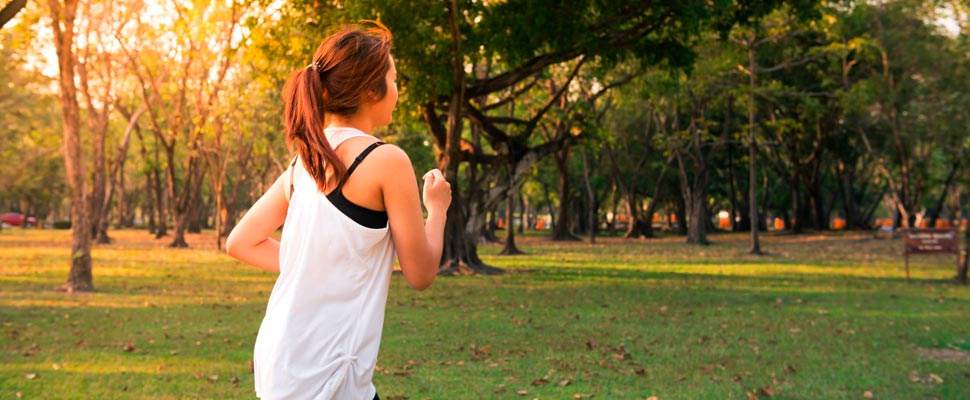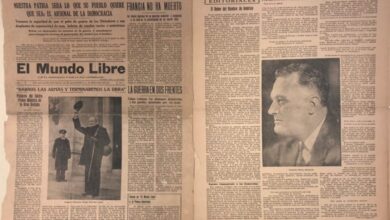What are the measures for casual athletes in Latin America?
As sport is not only for professionals, several countries have decided to make exceptions in the middle of Coronavirus for casual athletes.

Several cities in Latin America have given priority to physical activity for those who are not engaged in professional sports. / Photo: Pexels
LatinamericanPost| Juan Manuel Londoño
Listen to this article
Leer en español: ¿Cuáles son las medidas para deportistas casuales en Latinoamérica?
Physical activity is essential, not only to maintain a good state of physical health but also mental. That is why several countries in Latin America, despite the current crisis, have implemented various measures so that their citizens can do some type of sport. Let's see them, country by country.
Argentina
Each province has its own exceptions, but most have already allowed its inhabitants to do physical activities with certain security measures. For example, in Buenos Aires, the most affected Argentine city, the following measures have been in effect since last Friday, June 19, according to the page of the city government:
- You can go running, walking or riding a bicycle according to the ID number
- DNI terminated in even number (0, 2, 4, 6, 8), day with even date; and DNI ending in odd number (1, 3, 5, 7, 9), day with odd date.
- The physical activity schedule was extended between 19 and 9 and controls continue.
- No more than 2 people.
- A minimum distance of 2 meters.
- The mask is not compulsory to use while doing the activity.
- The use of aerobic poles remains restricted.
- Transportation by car or public transport to exercise is not allowed.
Final de la cuarentena en Buenos Aires. Miles de personas dejan sus barbijos y salen ahora a correr en los parques públicos. pic.twitter.com/QALmqLs8D5
— Diego Angeli (@JopoAngeli) June 8, 2020
Colombia
Decree 847 of 2020 authorizes physical activity outdoors and individually for:
-
Citizens between 18 and 69 years old – for 2 hours a day.
-
Children over 6 years old – 3 times a week, for one hour a day.
-
Children between 2 and five years old – three times a week, half an hour a day.
-
Adults over 70 years old, three times a week, one hour a day
Additionally, on June 21 the Colombian government issued security protocols for high-performance athletes:
#Noticia Deportistas de 16 actividades ya cuentan con protocolo de bioseguridad https://t.co/rbdGjUFVyO pic.twitter.com/l37NCMP5xb
— MinSaludCol (@MinSaludCol) June 21, 2020
Also read: The internal discussion between NBA players that could cancel the season
Chile
Although the quarantine in this country works by communes, it is important to remember that in those that apply it is totally forbidden to go out to exercise, since it is not contemplated within the available permits. The government has recommended the citizens of this country to do sports inside their home.
Hoy (y todos los lunes), nos vemos a las 17:30 en https://t.co/sXfMamWOk8 para una sesión de actividad física diseñada para personas con (o sin) #discapacidad intelectual.
¡Conéctate! pic.twitter.com/06i3qgmCoh
— Olimpiadas Especiales Chile (@OEChileOficial) June 22, 2020
Brazil
The current phase of reopening in this country only allows the practice of individual sports outdoors. However, it seems that the government's recommendations have fallen on deaf ears, since you can see the beaches full of people playing volleyball, for example.
Many of Rio de Janeiro’s famous beaches have been buzzing with surfers despite stay-at-home orders aimed at protecting the people https://t.co/ICQGrxoZXk pic.twitter.com/IUwIP988yP
— Reuters (@Reuters) April 8, 2020





